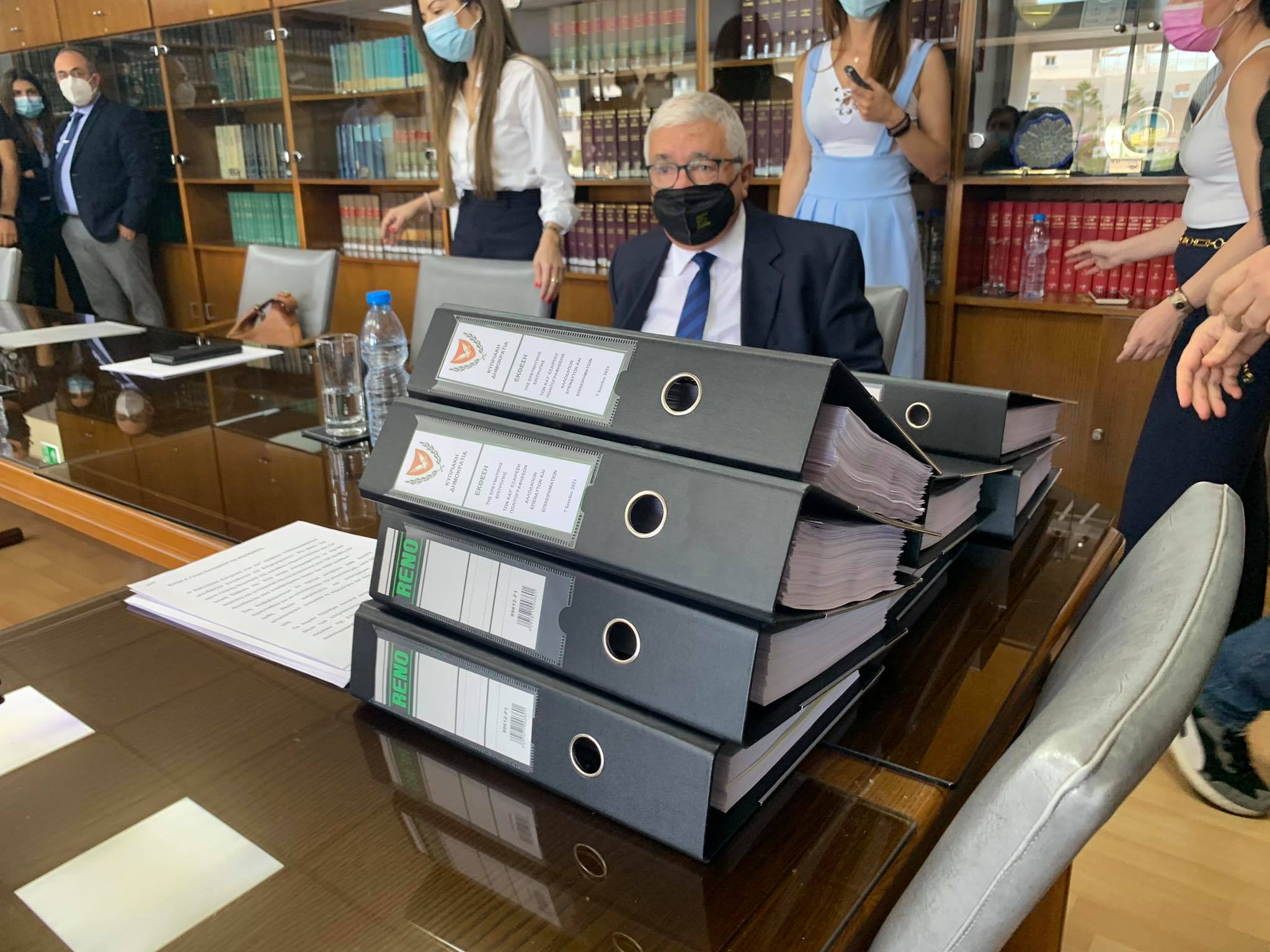The 780 pages of findings of the investigative committee set up to look into the citizenship scheme from 2007 to 2020 was given to the attorney-general on Monday and the summary released did not make for pleasant reading. The committee found that more than half of the 6,779 citizenships granted were unlawful while of the 47 per cent lawful applications one third did not satisfy the criteria, which meant only 2,102 were completely in the clear. At least 92 per cent satisfied the financial criteria.
These are the stats of an unregulated investment programme and not just one “with gaps and deficiencies” as committee chairman Myron Nikolatos described it. In fact, according to Nikolatos, the state authorities were warned, in 2015 and 2016, by the Republic’s legal service that the naturalisations of investors’ family members were unlawful, but it was ignored. Despite the opinion of the legal service, the state continued this practice until the law was amended in 2020.
We do not know who took the decision to ignore these legal opinions, but we doubt it was the civil servants who would not have dared to take such a responsibility. The go-ahead could only have come from the top, from the politicians, whom the committee found had political responsibilities but were not criminally culpable. If a top member of the government ignored the advice of the state legal services condoning unlawful practices by the state surely there is some kind of culpability – it is not just a case of bad judgment as the committee suggested.
In fact, the investigative committee let the politicians off very lightly. Nikolatos said “safeguards and proper legal guidance were absent, as were adequate checks, even according to the existing laws and regulations.” So were the technocrats of the interior ministry to blame that even the existing laws and regulations were ignored? They were ignored when applications were examined because there were orders to ignore them and these could only have come from top politicians.
Nikolatos said there was potential criminal culpability by investors, applicants and entrepreneurs as well as service providers and their associates, presumably for giving the authorities fraudulent information. He also said that 85 citizenships could be revoked given that applicants were suspected of having committed crimes. It is now the turn of the attorney-general to take action based on what there is in the committee’s report.
There is public pressure for charges to be brought but building a case against service providers or technocrats will be extremely difficult. A few passports could be revoked to satisfy public sentiment but no politicians will be charged as they were given a clean bill of health by the investigating committee.







Click here to change your cookie preferences